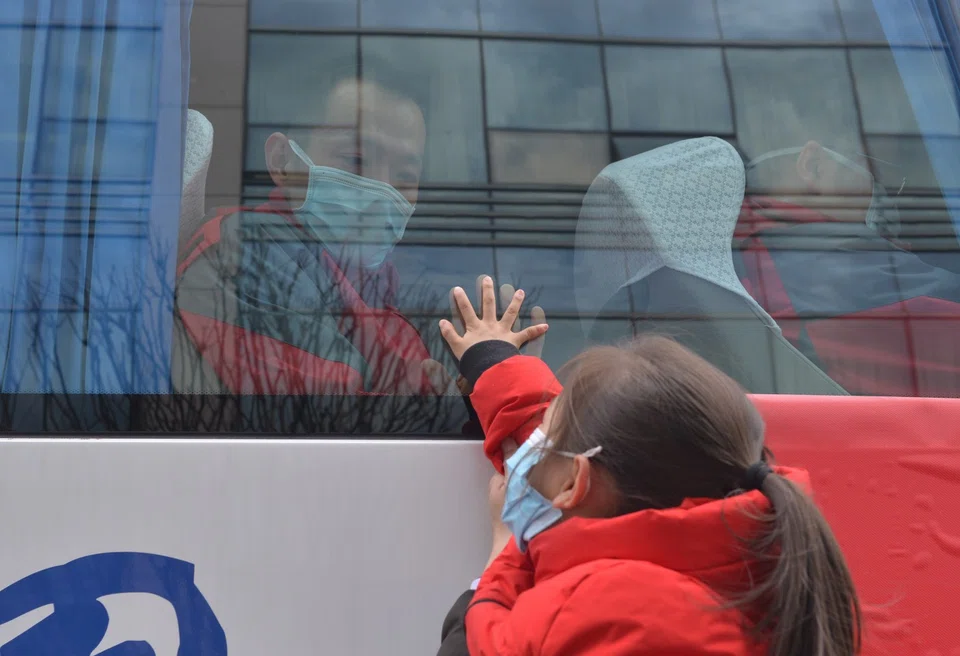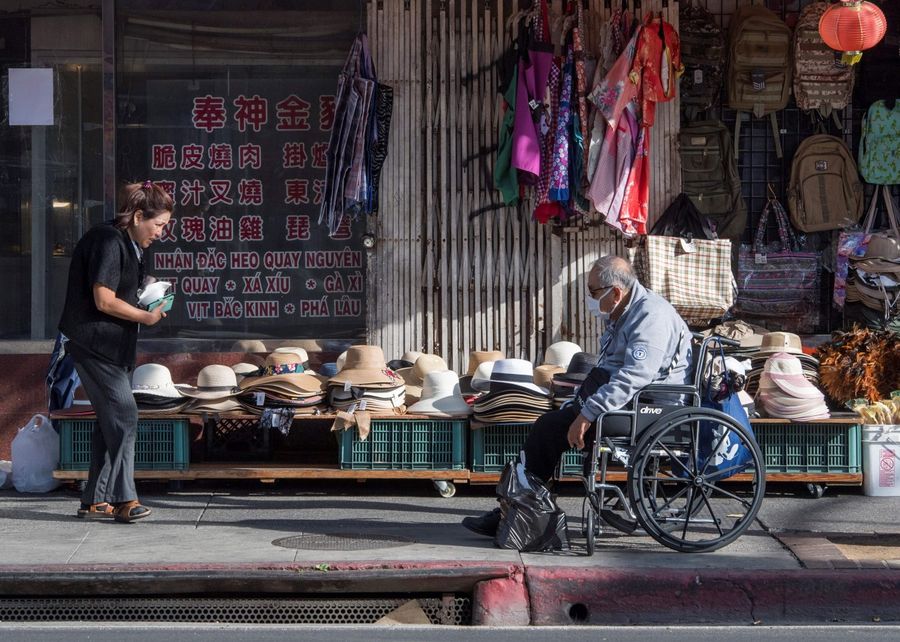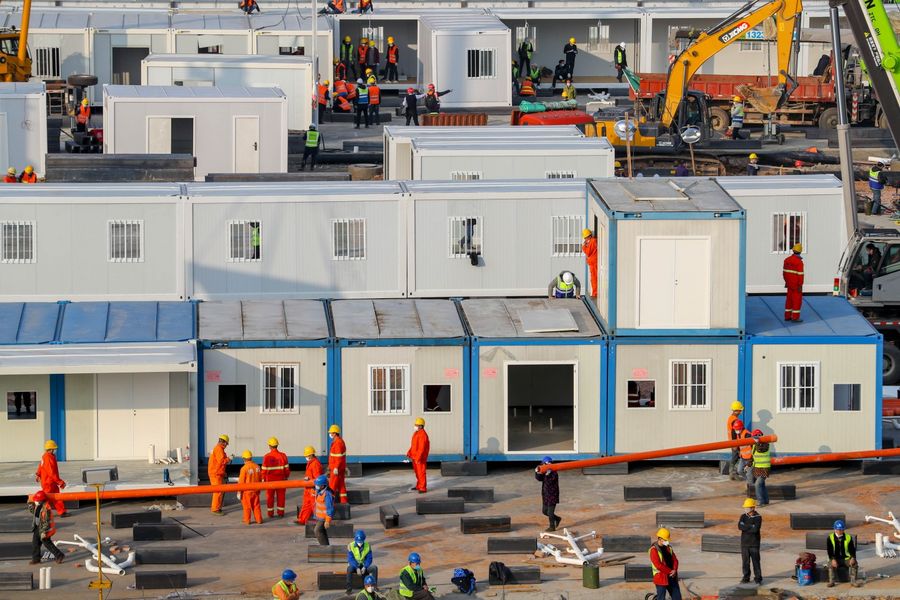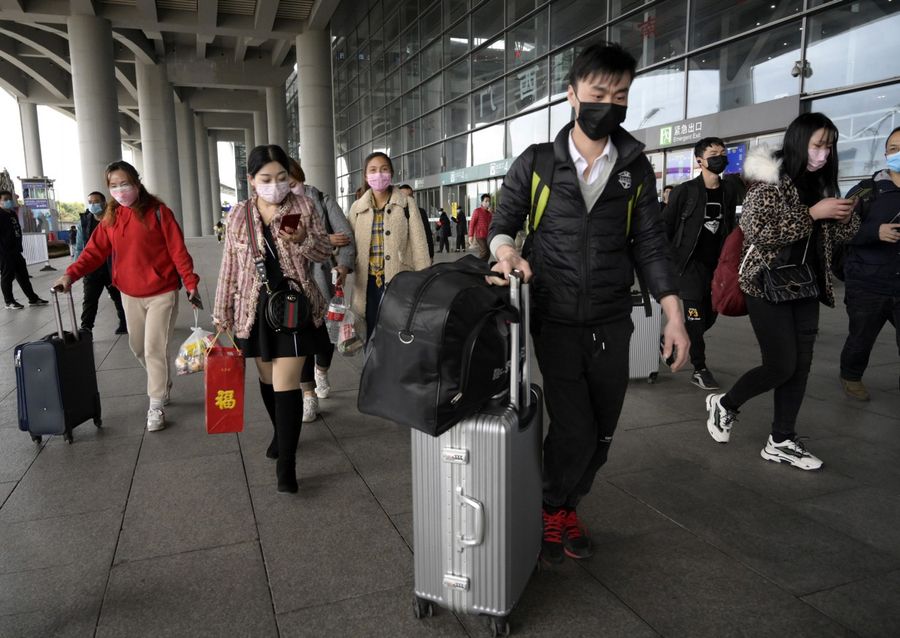A better, stronger China after the epidemic? But at what cost?

How will China's international image and external views of its rise be affected as a result of the Covid-19 outbreak?
A month after Chinese President Xi Jinping publicly instructed the country to "resolutely contain" the outbreak and less than a month after Wuhan was put under lockdown, views from commentators in and outside China represent opposite ends of the spectrum.
One view is that the Covid-19 outbreak has exposed severe inadequacies and outdated practices in China's system of governance. It did not learn its lessons from the SARS outbreak 17 years ago and committed the same mistakes again. Its officials remain apathetic and careless, and may still be hiding facts. They implicated the people of Wuhan, Hubei, and all of China as a result, and its economy and people have since paid a high price. The virus has even spread beyond its borders to other countries.

Proponents of this view are convinced that the international community will see China's vulnerabilities and lose confidence in its rise. Greatly alarmed by the "pause" in China's economy and its chain effect on global supply chains, along with the plunge in outbound Chinese tourists and its impact on the tourism sector of other countries, the international community will realise that they can no longer put all their eggs in one basket (China). Losing all confidence, local Chinese business and talents will also look for opportunities elsewhere.
Members of the opposing camp believe that China showed great mass mobilisation skills, determination, and control upon receiving directions from its top leader. Multiple regions quickly implemented lockdowns to restrict human mobility, which were accepted and undertaken by all levels of society. In addition, over 30,000 medical staff from across China provided assistance to Hubei, and within ten over days, two hospitals were built.

Surprisingly, the series of strict and somewhat extreme containment measures were implemented relatively effectively in a country with a population of over one billion, and most of its citizens were willing to cooperate. According to calculations by The New York Times, approximately 760 million Chinese residents are under various kinds of lockdown, a number that demonstrates the power of China's institutions and the authority of its top leader. Such an outcome must have "astonished" and "sent shivers down the spine" of hawkish American commentators and pro-independence groups in Taiwan who were keen to see China slip up.
Two opposite interpretations reflect two different perspectives. Just like asking whether a glass is half empty or half full - there can be no end to the debate.
Half empty or half full
So which view is more likely? Objectively speaking, both are valid.
International enterprises will quickly adjust their supply chains, diversify their investments and avoid over-reliance on a single market. An increasing number of Chinese economic elites will also relocate their assets and their children, and even themselves, elsewhere. However, China's political and social stability will not be shaken - after the outbreak, leaders who have experienced this storm will work towards filling the gaps and inadequacies in its public healthcare system. At the same time, China's current system of mass mobilisation and control will be retained since it has proven to be effective once more.
This has to be the case - after a month of intense battles against the outbreak, positive signals have been repeatedly observed in China's domestic containment of the virus. On 19 February, a total of 394 confirmed cases were recorded, a sharp decline from the previous day's 1749 confirmed cases. This seems to signal a shift from continually battling against the outbreak, to gradually eliminating it. Since the start of this week, traffic congestion was observed on the roads of Beijing and Chengdu once again, and smiles returned to the faces of the public.
Yet, with each storm and calamity, innocent members of the public will be hurt, especially the 2000 over people who have paid the price of this calamity with their lives.
Presently, apart from working on the eventual elimination of the outbreak, China's central government and various local governments also need to facilitate the return of the workforce to their respective workplaces. After the end of this year's extended Spring Festival holiday, work should have commenced on 11 February, but progress has been slow. According to various statistics from Chinese media, only 42% of its workforce have returned to work as of 16 February. Various small and medium enterprises are having a hard time recalling their foreign workers. Transportation and logistics procedures remain poor, and industry chains are not fully supported as well.

China's ability to quickly resume operations and recalibrate its economy will determine if it can achieve its goal of becoming a "moderately affluent society" (小康社会) this year. It will also have a direct impact on the confidence that the international community has in its market and supply chain. Apple announced a few days ago that it is unable to meet its revenue target for the first quarter of the year due to the coronavirus. Apple's contract manufacturer Foxconn has also denied claims that it targets to resume 50% of its output by the end of this month. The impact on foreign enterprises as shown is only the tip of the iceberg.
Undoubtedly, even without the Covid-19 outbreak, adjustments in the global industry chain are already ongoing due to the China-US trade war and the inflation of China's production costs. The current outbreak will hasten these adjustments, but they will not damage China's development. China will overcome this chapter in its journey, just like it has done so many times before. Yet, with each storm and calamity, innocent members of the public will be hurt, especially the 2000 over people who have paid the price of this calamity with their lives. Their loved ones will carry the loss and hurt forever, and no amount of economic progression that they or the country achieve in the future will be able to compensate for the pain they have endured.
